Anger Management
Anger Management
What is Anger Management?
Anger management is a psycho-therapeutic program designed to help individuals control or reduce their anger and improve their coping skills. It involves understanding the triggers and early warning signs of anger and learning techniques to calm down and manage the situation positively. Techniques can include deep breathing, meditation, mindfulness, and cognitive restructuring. The goal is not to suppress feelings of anger but rather to understand the message behind the emotion and express it more healthily and productively. Anger management can be beneficial for anyone struggling to control their temper and is often used in settings such as schools, prisons, and mental health centers. It can be taught one-on-one with a therapist or in a group setting.
Healthy anger and rage are two expressions of the same primary emotion but differ significantly in intensity, duration, and impact on oneself and others.
- Healthy Anger is a normal, natural emotional response to perceived threats or injustices. It can serve as a signal that something is wrong and needs to be addressed. Healthy anger is typically proportional to the situation at hand and is expressed in a controlled and constructive manner. It can lead to problem-solving, assertive communication, and positive changes. Once the issue is addressed, the anger usually subsides.
- Rage: Rage, on the other hand, is an extreme form of anger that is often disproportionate to the situation. It is intense, explosive, and can be destructive, leading to aggressive behavior, verbal or physical violence, and harm to oneself or others. Rage can cloud judgment, impair thinking, and lead to regrettable actions. It is often driven by underlying issues such as stress, trauma, or mental health disorders. Unlike healthy anger, rage does not resolve issues or lead to positive outcomes; instead, it often exacerbates problems and damages relationships.
In summary, while healthy anger can be a productive force for change, rage is generally harmful and unproductive. If you or someone you know struggles with rage, it may be beneficial to seek help from a mental health professional or an anger management program.
Anger management has several benefits, including:
- Improved Communication: Anger management can help individuals communicate their needs and concerns calmly and assertively rather than in an aggressive manner.
- Better Relationships: By managing anger effectively, individuals can improve their relationships with family, friends, and colleagues, reducing conflicts and enhancing mutual understanding.
- Stress Reduction: Anger is a stressful emotion. Learning to manage it can significantly reduce stress levels, leading to a healthier and happier life.
- Self-awareness: Anger management helps individuals understand their triggers and how they react to certain situations, increasing self-awareness and self-control.
- Health Benefits: Chronic anger can lead to health issues like high blood pressure, heart disease, and mental health disorders. Managing anger can help prevent these problems.
- Improved Problem-Solving Skills: Anger often clouds judgment and hampers problem-solving. Anger management can help individuals approach problems with a clear, calm mind.
- Increased Empathy: Understanding and managing one’s anger can lead to increased empathy for others as individuals become more aware of emotions and how they can be managed.
- Better Decision Making: When anger is managed effectively, individuals are less likely to make impulsive decisions that they might later regret.
- Personal Growth: The skills learned in anger management can lead to personal growth and improved self-esteem.
- Legal and Professional Benefits: In some cases, successful completion of an anger management program can have legal or professional benefits, such as in cases of court-ordered therapy or workplace disputes.
